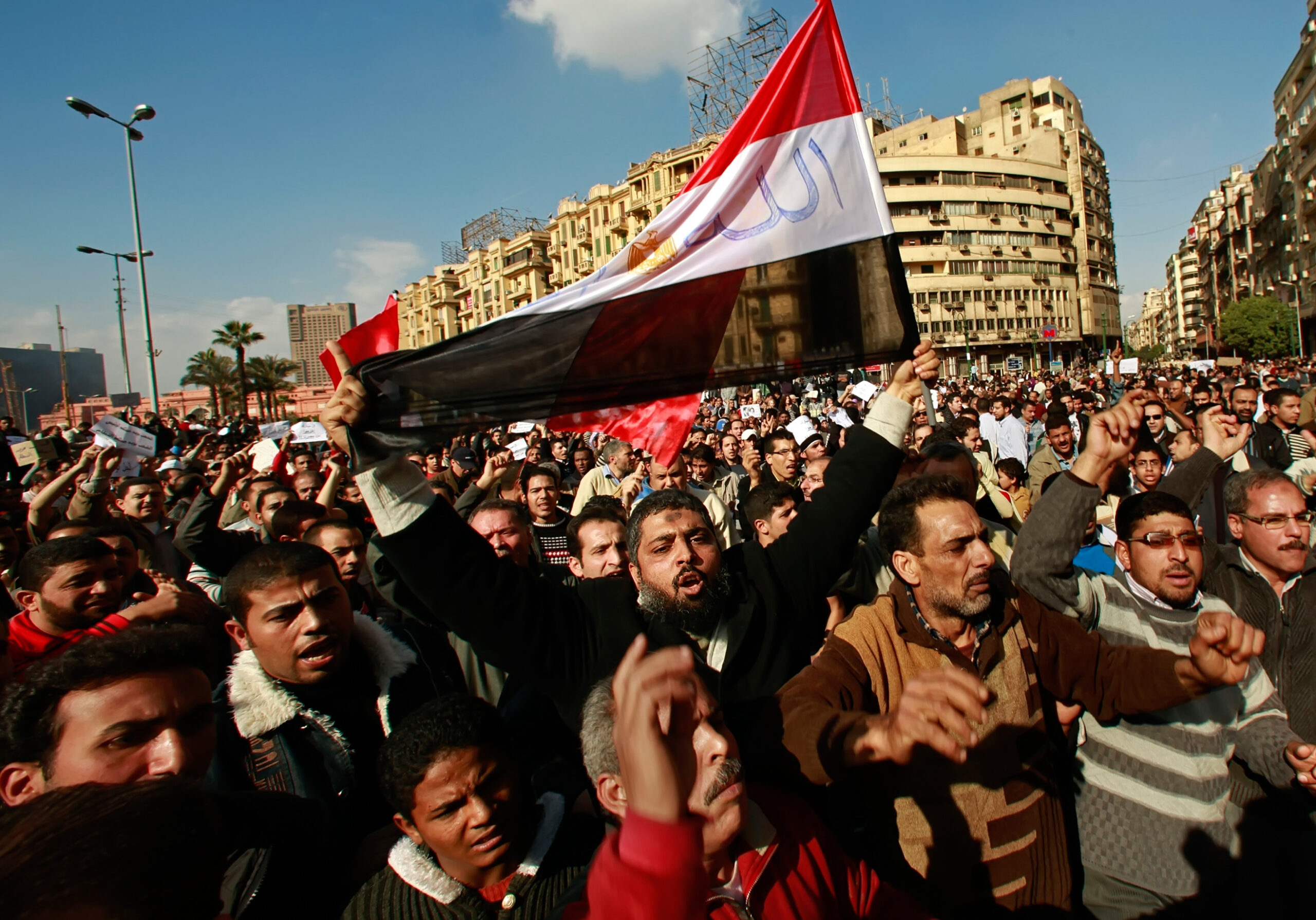The ICJ today asserted that the draft Constitution to be voted on in a referendum on Tuesday and Wednesday is highly flawed and should be modified if it is to serve as a suitable basis for upholding the rule of law in a democratic Egypt.
The referendum campaign has taken place within a context of fear, intimidation, and repression, calling into question the fairness of the entire process, the ICJ says.
The deficiencies are manifested in the content of a number of the draft Constitution’s provisions and the procedure under which the draft was elaborated, which are incompatible with rule of law principles and international human rights standards, the Geneva-based organization adds.
If the draft Constitution is to be approved, the next elected House of Representatives should remedy these deficiencies by amending the Constitution and initiating legal and policy reforms in line with international standards.
In a position paper published today, the ICJ details how the process of adopting a new Constitution in Egypt contravenes basic principles of inclusive participation, representation, and transparency.
It says the manner of selection and the criteria upon which the members of the expert committee and the committee of 50 were chosen lacked any semblance of democratic legitimacy and representation.
The ICJ is also concerned that the draft Constitution resulting from this procedure reproduces most of the provisions and omissions of Egypt’s past Constitutions, and therefore does not serve as an appropriate foundation on which the rule of law can be established.
The draft Constitution would continue to shield the armed forces from accountability and civilian oversight, would not limit the jurisdiction of military courts to try civilians, provides few guarantees for judicial independence, and would subject various rights and freedoms to “the regulations of the law.”
The ICJ is concerned that such “regulations” might have the potential to erode the very essence of these rights.
For example, while Article 73 of the draft Constitution guarantees the right to freedom of assembly, Law 107 of year 2013 gives the authorities wide powers to ban public meetings and peaceful demonstrations if deemed a “threat to public order”.
The law also empowers the security services to forcibly disperse peaceful protests, including by using lethal force even when it is not strictly necessary to protect lives.
“The current constitution-making process resembles the muddled and highly flawed processes of 2011 and 2012 and is yet another missed opportunity to break with the practices of the past,” said Said Benarbia, Director of ICJ’s Middle East & North Africa Programme. “The Egyptian authorities should undertake a legitimate and participatory process to amend the draft Constitution to ensure its full compliance with international standards, including those guaranteeing independence of the judiciary, ensuring the accountability of the armed forces and their subordination to legitimate civilian authorities, and recognizing universally accepted human rights.”
Contact:
Said Benarbia, Director, ICJ Middle East and North Africa Programme, t: + 41 22 979 38 17, e-mail: said.benarbia(a)icj.org
Egypt-PolicyPaper new Constitution-advocacy-2014 (download position paper in pdf)
Photo: Carolyn Cole/Los Angeles Times/MCT

